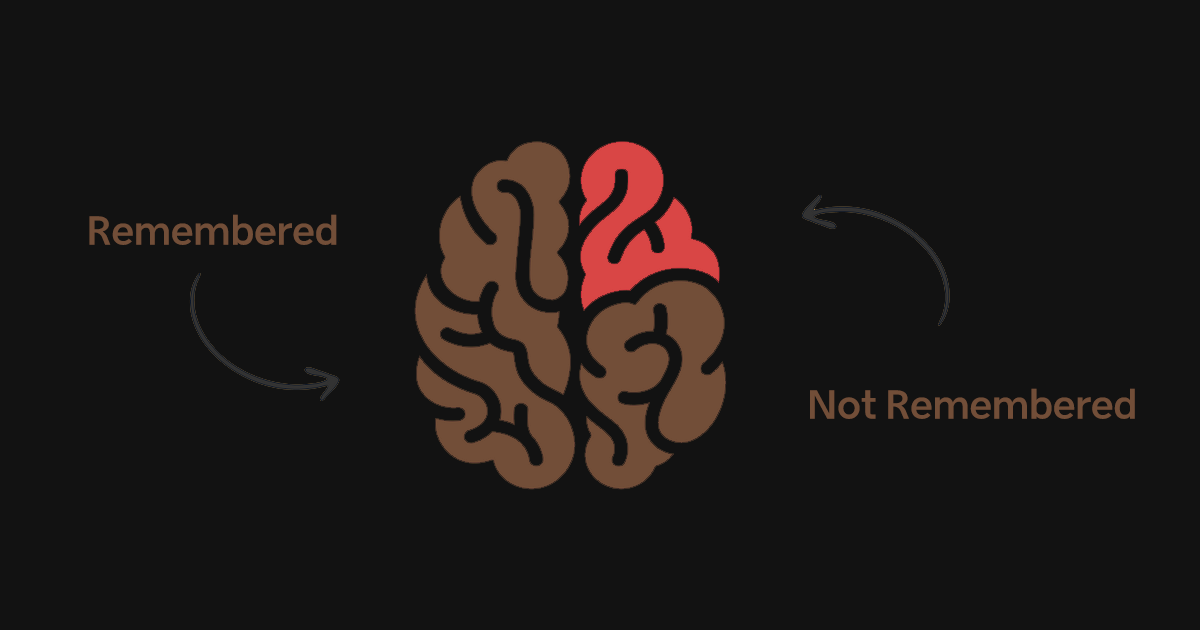MENA ICT Forum: Technology Transforming the Finance Sector

Amman, Jordan – Digital economy allows several business sectors to develop and flourish in a very competitive market. The digitalization of financial services sector will bring the services presented by this sector into a highest level of performance to meet the demands of customers.
There are various types of institution that offer several types of financial services. This includes banks, insurance and brokerage companies. Business planners should start to think seriously about the future of the finance industry including all the aspects. This will help to promote the engagement with the customers and offer more simplified products and services. All of this can be dong while preserving the core values: trust, integrity, privacy and security while offering the best digital age to customers.
Digital channels are the essence of the transformation towards cheaper, easier, and more accessible ways to interact with customers. Traditional use of online banking services involves real customers, real money and real operation. It is all about handling the transaction through the Web, email, mobile check deposit and ATM machine. There are also several innovative emerging approaches to make payment process simple and valuable. One of these approaches is the use of mobile payment to reduce the use of cash and making payment easier and more convenient to payers.
In spite of the benefits of adopting the cashless world, there are some challenges that need to be discussed. One of the key challenges is that electronic payments are not accepted by every merchant due to the infrastructure costs, high fees and settlement delays.
Developers of digital currencies have thought of developing a method to enable peer – to – peer payment network powered by its users without any central authority. Bitcoin was the first practical implementation and is currently the most dominant, while other types of digital currencies exist.
How does the Bitcoin work? Bitcoin is a crypto currency stored in digital format on a mobile app or computer program that provides a Bitcoin wallet functionality and enables users to send and receive bitcoins. The Bitcoin network is sharing a massive public ledger called the (blockchain). This ledger contains every transaction ever processed which enables a user’s computer to verify the validity of each transaction. Distributed ledger technology (blockchain) will have a great impact on financial services infrastructure, as it will form the basis of transforming towards the next untraditional era of finance industry.
While blockchain implementation first started in handling digital currencies and payment, the technology is evolving to handling insurance transactions and other forms of financial transactions, in essence the technology will evolve to other types of peer-to-peer transactions in different sectors.



